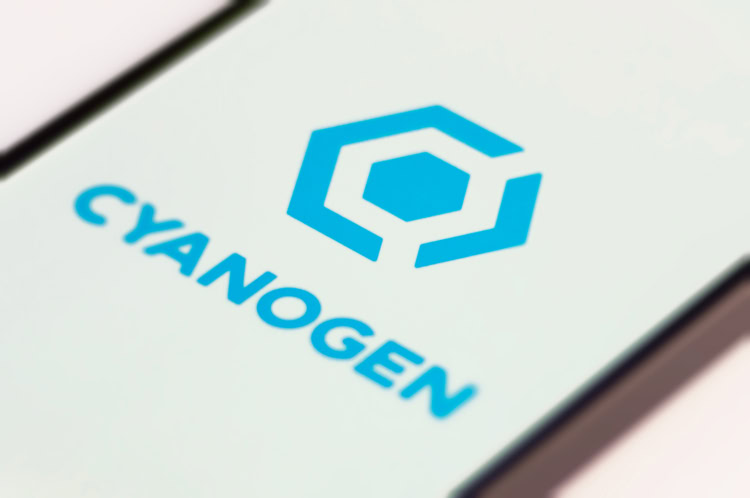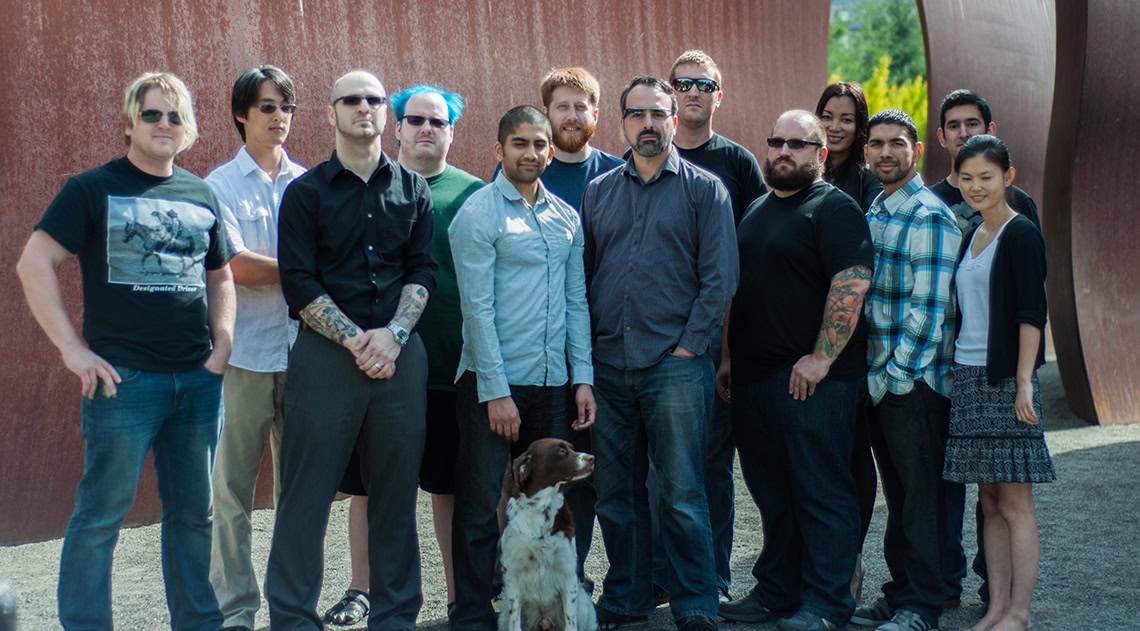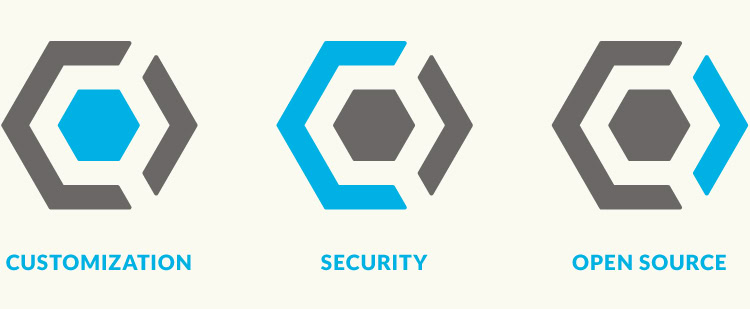Affiliate links on Android Authority may earn us a commission. Learn more.
Can Cyanogen make it without Google?

“I’m the CEO of Cyanogen. We’re attempting to take Android away from Google.”
So said the hyperbolic and outspoken Kirt McMaster talking at The Information’s “Next Phase of Android” event last week.
He expanded on Cyanogen’s grand ambitions, talking about a more open version of Android where developers can integrate their services with Cyanogen’s help. Without Google apps and services Cyanogen will support third-party app stores and eventually have its own.
What is he talking about? Why, apart from as a headline-grabbing exercise, is he dissing Google? Why would Cyanogen present itself as an open alternative?

Google’s tyranny
It’s not the first time McMaster has a had a pop at Google. He talked about the desire for “an open Android” and “Google’s tyranny” back in the summer. Cyanogen CTO, Steve Kondik, explained it better when he spoke to Geek.com in November.
“For me, the ultimate goal is an open Android where the playing field is a little more level. It could certainly be a lot worse. Apple just banned everyone from doing anything, and while Google hasn’t banned everyone they are making it a lot harder.”
This all stems from the moves Google has been making to separate its own services and apps from AOSP, the Android Open Source Project, which is still freely available to everyone. A lot of old stock apps are no longer being updated, and Google is putting the lion’s share of its efforts into proprietary software.
This debate is set to run and run. Step back and read the 2007 statement from the Open Handset Alliance that announced Android. Did it deliver on that promise or has Google ditched its open ideals? Do Google apps need to be proprietary? Can you blame Google for restricting Play Services? Let’s face facts, Google didn’t lead the creation of Android as an altruistic crusade.
When its interests happen to align with the interests of the general public the results are great. Android, Google Maps, Gmail, have all been transformative, they’ve opened the Internet up for more people and forced competitors to drop prices and try to match services. But as a company, Google has to claim a return on its investment.
There’s no easy answer to this, only opinions, but it’s worth remembering that Google is often held up to a higher standard than its competitors and then found wanting.
How does Cyanogen help?
As the self-appointed “white horse that opens the entire platform up” Cyanogen will offer a Google-free alternative for developers. But wait a minute, there’s nothing new in what the Cyanogen founders are proposing, is there? Lots of companies are already forking Android and replacing Google services and apps. Xiaomi in China, Yandex in Russia, Amazon in the US and Europe. There are many others.
With a strong track record of digging in Android’s innards, it seems what Cyanogen is really offering to third-parties is expertise. It can help you integrate your services on a deep level that reaches beyond what’s possible with Google’s Android. Whether potential partners buy into that is what will ultimately determine Cyanogen’s success or failure.
Track record
CyanogenMod deservedly grew to become the most popular third-party ROM for Android devices by developing free and open source software that offered users a world of customization options and control over their devices. It used to be about enthusiasts coding in their spare time for the love of it.

When it became Cyanogen Inc in 2013 that changed. The new commercial company quickly secured a $7 million investment and then another $22 million in the second round.
In a Reddit AMA in September 2013, CM’s Steve Kondik and Koushik Dutta were asked about monetization plans. Here’s the answer they gave.
“Monetization isn’t an immediate concern and our investors and Benchmark and Redpoint feel the same. CyanogenMod has the potential to become an enormous platform play, and to do that, we need to foster and grow the ecosystem. Right now, we just want to build something compelling and grow the user base. Eventually, there are innumerable paths to monetization once we reach economics of scale: licensing our software/services to OEMs, building hardware, creating secure enterprise solutions, etc. Creating disruption in a multibilion dollar market is enough to make any investor raise their eyebrow.”
Its first hardware partner was to be OnePlus and the OnePlus One duly shipped with CyanogenMod on board. It didn’t take long for cracks to appear. First Cyanogen was understandably horrified at the disastrous Ladies First promo, taking to Twitter to distance itself. But there was much worse to come.
Cyanogen signed an exclusive deal with Micromax in India which led to the OnePlus One being banned from sale there. In the aftermath, there was a fair bit of confusion and a clear lack of communication between Cyanogen and its first partner, OnePlus. To say that Cyanogen didn’t come out of it well would be an understatement.
As part of the effort to clear the air Kondik revealed to Android Central that neither OnePlus or Micromax paid any money to Cyanogen for licensing the Cyanogen OS.

Big challenges for Cyanogen
Most people are definitely not going to choose Cyanogen over Google
Competition is good. We want every company on the Android scene, especially Google, to feel challenged so they continue to push real improvements and innovations. But all this talk of open ideals and control seems to be missing an important point that most consumers will never look past. Google’s apps and services are really good.
What happens when Google cuts access to Play services? Who wants to ship a Cyanogen phone without Google apps? It’s going to take time and serious effort to create viable alternatives. Building a secure app store that people trust won’t be easy either. If Cyanogen intends to attract partners by licensing the platform for free, then it has to find another path to bring the cash in.
Going back to our original question – can Cyanogen make it without Google? We’d have to say in the short term, no. Most people are definitely not going to choose Cyanogen over Google.
Even if it secures some big name partners, how is Cyanogen going to beat, or even match, Google’s offerings? The bottom line is that it doesn’t need to in order to carve some kind of successful niche. It’s only McMaster’s hyperbole that makes it seem that way. But is the Google smack talk doing Cyanogen any favors?
What’s the real strategy here?
Now that Cyanogen is a commercial enterprise with investors to keep sweet it will be interesting to see if its open ideals are tested. You also have to wonder how it might react to the prospect of a buyout from Amazon, Samsung, Microsoft, or Yahoo — all have been touted as potential suitors. Is this the real drive behind Cyanogen’s criticism of Google?
They say there’s no such thing as bad press. Criticizing Google definitely gets attention and maybe Cyanogen is willing to alienate its community in order to secure a big partner or a lucrative exit.